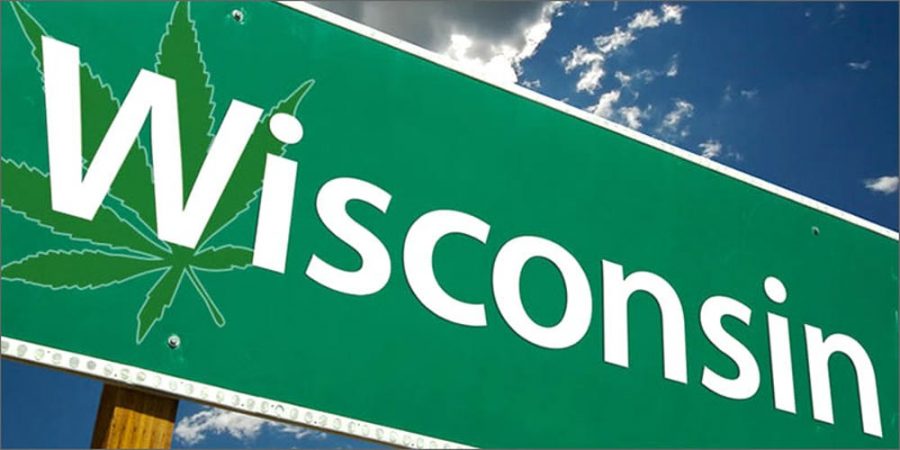Wisconsin employers ponder over cannabis policies following legalization in nearby Illinois and Michigan
Progress is being made in Wisconsin’s cannabis market. Despite the fact that the Wisconsin Uniform Controlled Substances Act still lists cannabis as a Schedule I hallucinogenic substance, lawmakers pushed for medical cannabis legalization in September.
Going one step further, a bill to decriminalize possession of the plant was – albeit shot down by Republicans shortly after – introduced by lawmakers in October. This, combined with the fact that neighboring states Illinois and Michigan have legalized recreational cannabis, signifies that businesses must reconsider laws surrounding cannabis use among employees.
The affairs director at Wisconsin’s MRA-The Management Association, Michael Hyatt, says that the situation is “still a little hazy.” Nonetheless, it is clear that more consumers are considering becoming consumers or, at the very least, considering the consequences.
Based on MRA data from the organization’s human resources hotline, more people are calling about workplace drug testing and the prospective repercussions for employers.
Michigan and Illinois became the 10th and 11th states to allow recreational cannabis
On December 1, legal recreational cannabis sales began in Michigan. Over in Illinois, lawmakers are debating holding off on legal adult-use sales until July 2020. Regardless, each state’s legal weed laws permit individuals aged 21 and above to buy cannabis from licensed vendors with a valid form of state identification.
Even though cannabis will be legalized for recreational use, there is still the possibility of employers and even landowners prohibiting use of the plant. Tests will determine whether or not employers have the psychoactive compound THC (tetrahydrocannabinol) in their system.
According to rules laid out by the Federal Department of Transportation, both drug and alcohol screening is mandatory for employees with safety-sensitive roles; such as airline jobs, mass transit and trucking. The same rule generally applies for people who operate heavy machinery on the job.
With this in mind – as well as the fact that Wisconsin is inching closer to a shift in cannabis laws – means that employers are understandably concerned about how this may impact things, e.g. the hiring process and drug screening rules for existing employees.
Wisconsin lacks Republican support for cannabis legalization
There’s no issue with Democratic support for cannabis legalization in Wisconsin, with this being made clear at a recent press conference held on the issue. On the other hand, Democratic Senator Fred Risser made a point of noting that decriminalization won’t legalize the sale and manufacture of cannabis in Wisconsin.
Legalization is not going to happen until Republican support is ramped up; support from one party is not enough. Senate Majority Leader Scott Fitzgerald is just one of many Republicans who doesn’t feel optimistic about a cannabis bill being backed by Republicans.
On the plus side, residents seem to want cannabis legalization in Wisconsin. According to a poll from the Marquette University Law School, 59 percent of voters support the idea of weed being legalized. An additional 83 percent support the legalization of medical cannabis in Wisconsin. The poll also indicated that voters in 16 counties support cannabis reform.
Although a proposal to legalize medical cannabis in Wisconsin will not be included in the next state budget, a new bill was introduced on December 11 by Republican lawmakers. Republicans have never initiated such a proposal, further hinting that employers should prepare for legalization by establishing new cannabis policies in the workplace.








